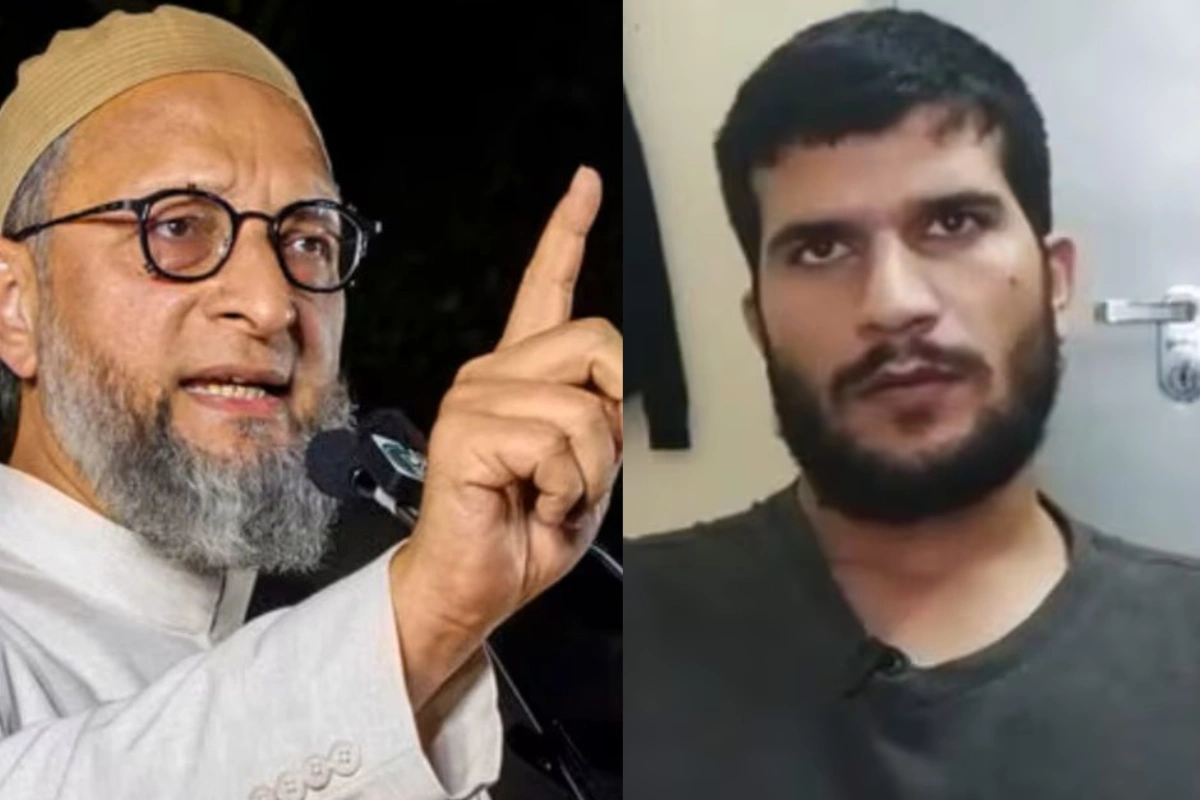Asaduddin Owaisi, an AIMIM leader and the MP for Hyderabad, has issued a vehement repudiation of a video that appeared recently featuring Dr Umar-un-Nabi, the person accused of the car blast incident at Delhi Red Fort, asserting that he had confirmed his perpetration of a “martyrdom operation.” Owaisi contended on a post on X that Islamic doctrine forbids suicide and, thus, categorised Umar’s act as “terrorism and nothing else.” He raised some serious concerns about how the alleged terrorist module eluded national security agencies.
Asaduddin Owaisi Dissects Umar’s Justification
Owaisi uploaded a post on X, citing another dated video that was uploaded by Dr Umar, who speaks about suicide bombing being a misconstrued article of faith for Muslims. Dr Umar resolves the incident in religious terms and says that he “knew” he would die at a “particular place, time.”
Owaisi dismissed this narrative utterly. “Suicide is haram in Islam, and killing innocents is a major sin,” he wrote. He further claimed that Umar’s term of it as a “martyrdom operation” did not excuse the extreme violence — it was terrorism, in Owaisi’s mind, outright.
DON'T MISS
Questions Raised: How Did This Happen?
Beyond the theological critique, Owaisi was very much open towards political critique. He asked, point-blank, why the central government did not uncover the terror module behind Umar’s attack.
He cited the Home Minister Amit Shah’s statements in Parliament claiming no local Kashmiri had joined a terror group in months, sharply asking, “Where did this group come from then? Who is responsible for these security failures?”
A Voice Against Extremism
Owaisi’s reaction points to an important current in political discourse: terrorism cannot be legitimised as religious ideology. For Owaisi — and many like him — it is the ultimate abuse of religion to signify violence through faith language.
His significant moral stance — based on Islamic teaching — also conveys a wider political point: ideological grooming should not just be countered by security, but by theological clarity.
What This Means in the Future
- Religious Clarification: Owaisi’s statement might trigger a wider discussion in the Muslim space about extremist ideologies and the justifications of them tied to religion.
- Political Pressure: The Centre might have to answer Owaisi’s accountability demand over its intelligence failures.
- Corrective Action: The case might invoke new demands for counter-radicalisation measures that not only challenge ideological narratives, but also the technical terror networks.
